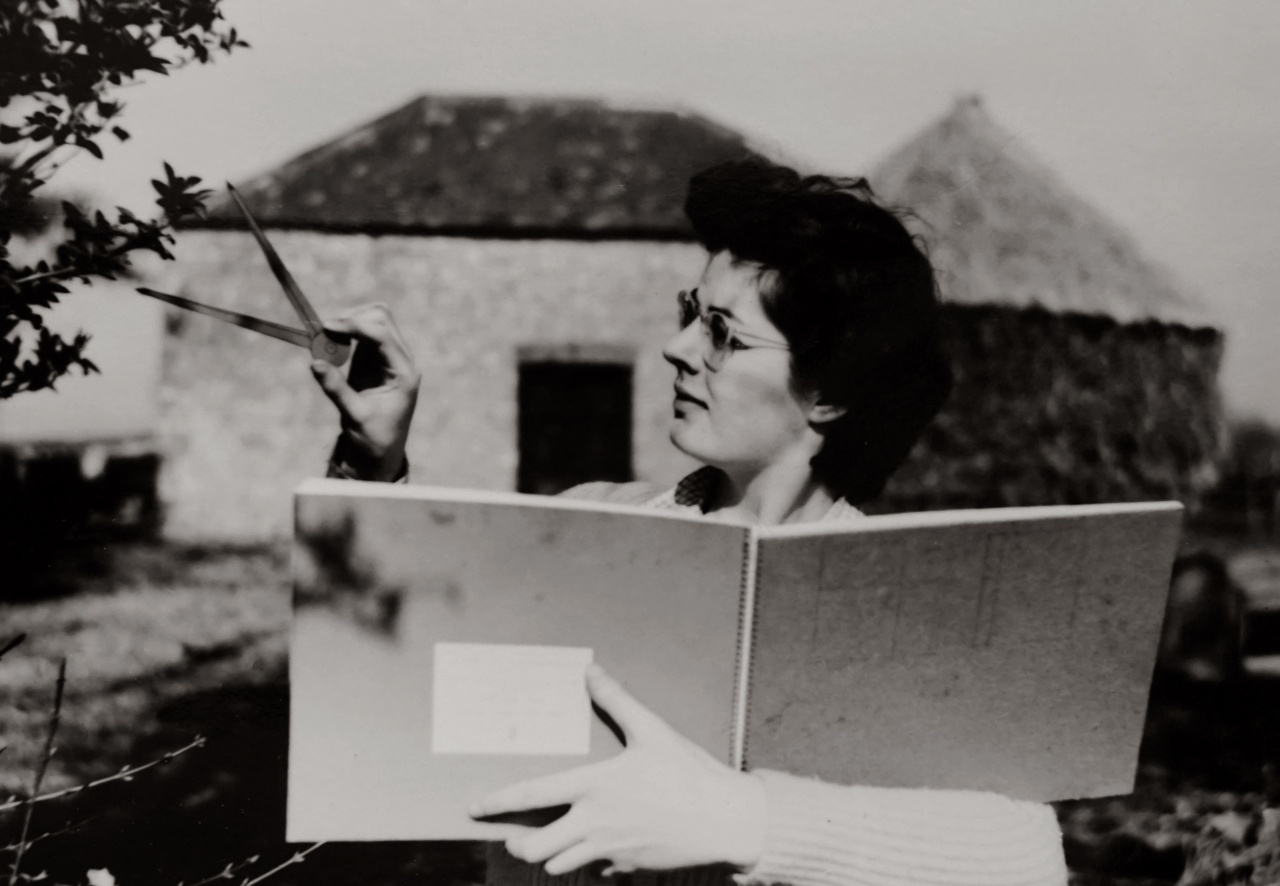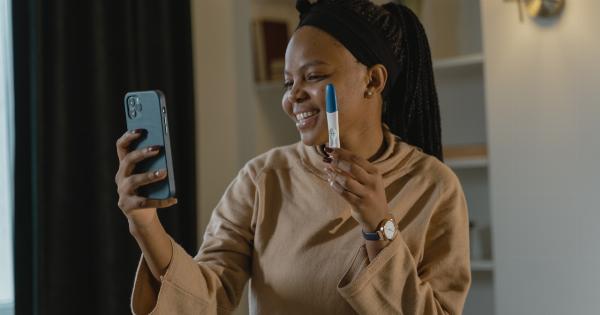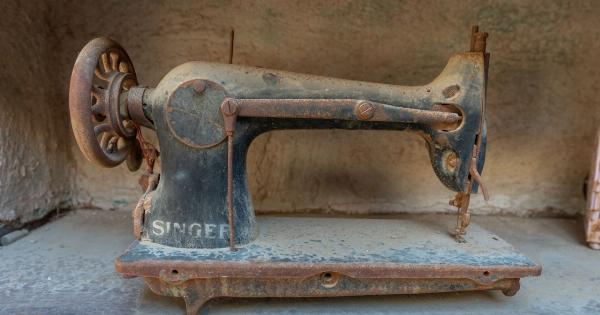Age is just a number, or so they say. But as we go through life, sometimes we feel younger or older than our actual age.
Maybe it’s because we haven’t accomplished what we wanted to by a certain age, or maybe we’re in better shape than our peers. But how can we measure this gap between how old we feel and how old we really are?.
Why Does the Gap Matter?
The gap between our perceived age and our actual age can have real-world consequences. If we feel younger than we are, we may take on more physical activities than our bodies can handle, leading to injury and health problems.
If we feel older than we are, we may miss out on opportunities or limit ourselves unnecessarily.
Additionally, studies have shown that feeling younger than your age is associated with better health outcomes, both physical and mental.
One study found that people who felt older than their actual age had a higher risk of hospitalization, while another found that feeling younger was associated with a lower risk of mental health problems like depression and anxiety.
Chronological Age: The Traditional Method
The most straightforward way to measure your age is to look at your date of birth and calculate the number of years you’ve been alive. This is known as your chronological age.
While this method is simple and widely used, it doesn’t take into account other factors that can affect how old you feel.
Health Markers: Biological Age
Another way to measure your age is to look at specific health markers that are associated with aging. This is known as your biological age. Some markers that are commonly used include blood pressure, cholesterol levels, and resting heart rate.
These markers can give an indication of how well your body is functioning, and can be used to estimate your age. However, it’s important to note that these markers are influenced by lifestyle factors like diet and exercise, so they may not be accurate for everyone.
Cognitive Age: Cognitive Tests
Our cognitive abilities can also be a clue to our age. Some studies have found that cognitive decline can start as early as age 45, and that certain cognitive abilities like processing speed decline faster than others.
By testing these abilities, researchers can estimate someone’s cognitive age. However, it’s important to note that cognitive abilities can also be affected by things like stress and sleep, so these tests may not be a perfect reflection of someone’s age.
Subjective Age: Feelings and Perceptions
Ultimately, the best way to measure the gap between how old you feel and how old you actually are is to ask yourself. This is known as your subjective age.
There are a few different ways to measure subjective age, but many researchers use a scale that asks people to rate how old they feel, compared to their actual age. One study found that people who rated themselves as feeling younger than their actual age had better health outcomes than those who rated themselves as feeling older.
What Can You Do?
So, you’ve measured the gap between your perceived age and your actual age, and you’ve found that you feel younger or older than you are. What can you do about it?.
If you feel younger than your actual age, that can be a good thing. It may mean that you’re more active and engaged with the world than your peers.
However, it’s important to make sure that you’re not overdoing it and risking injury or burnout. Listen to your body, and don’t be afraid to take breaks when you need them.
If you feel older than your actual age, that can be a sign that you’re not taking care of yourself as well as you could. Try to identify areas of your life where you could make positive changes, like eating healthier or exercising more.
And don’t be afraid to try new things – getting out of your comfort zone can help you feel younger and more engaged with life.
Conclusion
There are many different ways to measure the gap between how old you feel and how old you actually are.
Whether you use chronological age, biological age, cognitive age, or subjective age, the important thing is to be aware of the gap and how it affects you. By taking care of yourself and staying engaged with the world, you can feel younger and live a healthier, more fulfilling life.


























